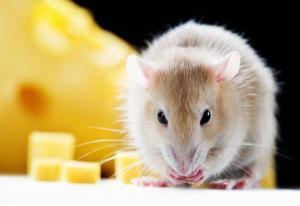Compulsive Eating Shares Addictive Biochemical Mechanism With Cocaine, Heroin Abuse

Addiction Research Articles
Addiction Neurobiology Articles
Addiction Treatment Articles
Eating Disorders
Overview
Originally Published: 01/05/2011
Post Date: 01/05/2011
by ScienceDaily (Mar. 29, 2010)
Attachment Files
Ariticle - Compulsive Eating Shares Addictive Biochemical Mechanism With Cocaine, Heroin Abuse
Summary/Abstract
In a newly published study, scientists from The Scripps Research Institute have shown for the first time that the same molecular mechanisms that drive people into drug addiction are behind the compulsion to overeat, pushing people into obesity.
Content
The new study, conducted by Scripps Research Associate Professor Paul J. Kenny and graduate student Paul M. Johnson, was published March 28, 2010 in an advance online edition of the journal Nature Neuroscience. The study's startling findings received widespread publicity after a preliminary abstract was presented at a Society for Neuroscience meeting in Chicago last October. Articles heralding the new discovery appeared in news publications around the world, focusing on the point obese patients have been making for years -- that, like addiction to other substances, junk food binging is extremely difficult to stop. The study goes significantly further than the abstract, however, demonstrating clearly that in rat models the development of obesity coincides with a progressively deteriorating chemical balance in reward brain circuitries. As these pleasure centers in the brain become less and less responsive, rats quickly develop compulsive overeating habits, consuming larger quantities of high-calorie, high-fat foods until they become obese. The very same changes occur in the brains of rats that over consume cocaine or heroin, and are thought to play an important role in the development of compulsive drug use.





